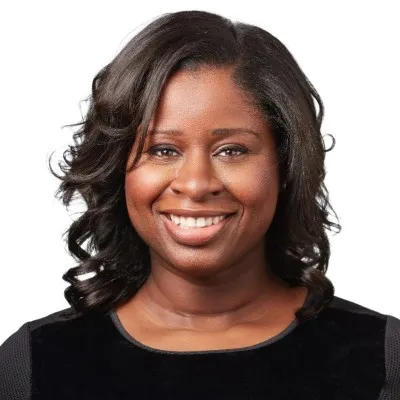Empowering Your Workforce to Build a Better Workplace


Most people understand that veterans have been trained for combat and conflict. But they may not realize how much that training has applications in the workplace.
Someone who has lived that training and works to employ more veterans is Lee Kirby, Chairman and Co-Founder of Salute Mission Critical. He recently stopped by The BragWorthy Culture Podcast to share his journey and the different ways that veterans can be strong contributors to an organization.
Salute Mission Critical deploys, manages and decommissions data center sites with high-quality results and military precision. It has been recognized by the industry as an example of a business with a social conscience and is on a mission to help thousands of military families and their supporters start careers in the data center industry.
Why is Lee so passionate about veterans? Well, to start with, he’s one himself, so he knows a thing or two about them. He served for 36 years on both the enlisted and officer sides, in both the active and reserve forces. During that time he learned a lot about the journey from military to civilian life and the challenges veterans face when transitioning out of the military. One of the statistics that bothered him was the average unemployment rate for a first-term soldier: 25%. He wanted to bring that level down.
Lee also wanted a chance to give back. He says that when people tell him, “thank you for your service,” he feels the need to reply, “thank you for letting me serve.” He sees tremendous honor and privilege in having had the opportunity to serve in an all-volunteer force, defending what his country stands for. Starting Salute Mission Critical was one way he saw to give back.
“Unskilled Veteran”
Alongside that high unemployment rate, Lee was bothered by the term “unskilled veteran.” No matter what your job was in the military, you had to learn about some form of complex machinery, how to operate it, how to repair it and how to maintain it.
That technical training was a complement to the basic training, in which all veterans were taught how to make decisions on which life depended, with minimal information under time pressure. That training, while necessary for the military, also has real-life applications.
So the term “unskilled veteran” has never made sense to Lee, which is why one of his missions is to end the use of that term.
Bootstrapped Beginnings
Salute now has more than 800 employees but Lee says it was getting to his first 20 employees that was perhaps the most memorable and challenging time. He and his co-founder financed the business themselves and then did their best to help the line of veterans that were looking for work. Their first project had 12 people on site and, while that job was going on, he went out to sell the second project so that the team could move from project to project.
As the team grew, they were able to spread that work out and get further in front of their work, which also let the company shift from purely project-based work to recurring service contracts. When you have recurring revenue you can also have stable and predictable jobs for your workforce.
“Some of our best employees have been cooks,” reflects Lee, when thinking about a standard profile of some of his team members. “If you’re feeding 300 people in all kinds of different conditions, three times a day, there’s planning, logistics, execution and safety that all has to go into pulling that off.” But that’s exactly what his data center technicians have to do. Same skills, different ingredients.
Hidden Jewels
Lee also refers to military spouses as the “hidden jewels” of that community. Whenever someone in the military is transferred, often the family comes along on that move and a spouse may have to get re-certified or re-licensed in order to continue in a career. To make those moves easier, Salute works hard to get remote jobs for military spouses so that they can find a career that won’t just move with them while they are in the military but will be available to them when they leave that more nomadic life.
Team-Sourced Values
Founders are often responsible for creating and instilling the values of an organization but Lee took a different path: he asked his team members to help come up with the values. The questions were simple:
- What’s important to us?
- How do we want to be known?
- What are the values we want the entire company to embrace?
The values that came from those discussions led into the training cycle at Salute, which starts with culture, is followed by safety and ends with technical training.
Inclusion
One of the core values that the team came up with was being inclusive. Lee sees this value as key for any organization that wants a strong workforce. He thinks the best way to solve problems is by sitting around a table with people of different backgrounds, perspectives and experiences. Lee doesn’t miss a chance to talk about veterans and points out that diversity isn’t just about race or ethnicity: many organizations could use the perspectives and backgrounds that veterans — who have often lived and worked all around the world — bring to the table.
Legacy
We often end our discussions with leaders by asking about legacy and we love what Lee sees for Salute and for other companies that share its values. He has a vision for companies to succeed commercially, of course, but to do so with morality and with a social conscience. If those metrics become the new baseline, then companies will be able to address even larger issues, like inequities in our social systems. “Do well by doing good,” Lee says.
Check Out the Full Episode
Want to hear more about Lee Kirby and how he leads Salute? Listen to the full interview on Apple or Spotify.
Looking to build your own BragWorthy Culture? Fringe can help. Fringe is the number one lifestyle benefits marketplace. Give your people the power of choice and save a ton of administrative headaches by consolidating existing vendors and programs into a simple, automated platform. Talk to our team to get started.
